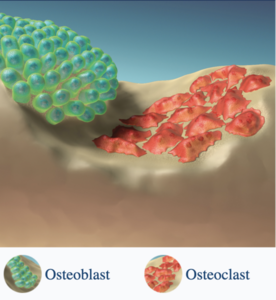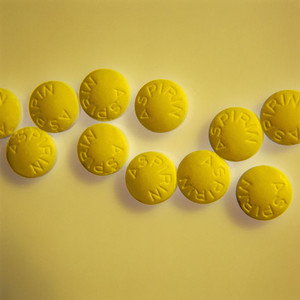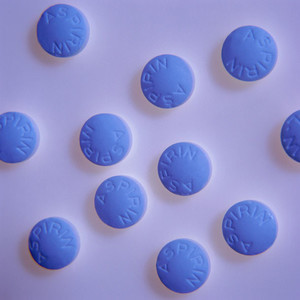The news that the European Commission (EC) had finally issued a formal call on 26 January 2012 for Italy to comply with EU rules on the marketing authorisation of generic medicines was welcomed by the European Generic medicines Association (EGA) together with the Italian association for generic medicines (Assogenerici).
The two associations had made an official complaint to the EC in 2011 regarding the delays in granting market authorisation of generics due to incorrect linkage to intellectual property rights in Italy. The EC in its 2011 pharmaceutical sector inquiry had stated that so-called ‘patent linkage’ was a clear abuse of the EU regulatory system [1].
According to the EGA, Italy’s non-compliance with EU rules on marketing authorisation and patent linkage provision in its Intellectual Property Code have led to lengthy delays for generics manufacturers to access the market.
Mr Greg Perry, EGA Director General, declared: ‘we hope that this is the final step of the process and that very soon the patent linkage in the Italian Intellectual Property Code will be removed.’
Both associations also welcome the move from the Italian Government, headed by Prime Minister Mario Monti, to tackle patent linkage in its Intellectual Property Code by making the decision to delete article 68(1-bis) from the Code.
‘By removing the obstacle represented by article 68(1-bis), the government has not only responded to a specific request from [the EC], but a new wave of competition is going to be injected into the market by getting rid of any patent linkage attempts,’ Assogenerici President Mr Giorgio Foresti added.
Both associations also called for the possible future insertion of a clear provision in the legislation stating that the Italian medicines agency (AIFA) should not take into account any patent issue during the marketing authorisation process.
‘In this time of severe economic difficulty faced by European citizens and public health authorities, it is of crucial importance that patients can access affordable treatment with no unnecessary delays,’ Mr Greg Perry concluded. Adding that ‘delays in access to generic medicines were deemed unacceptable by the pharmaceutical sector inquiry and the economic crisis makes such blocks as patent linkage totally unjustifiable.’
Italy has one of Europe’s largest pharmaceutical markets, yet one of the smallest generics sectors compared to other European countries, such as Germany and the UK. According to Assogenerici, in 2010 only 11.7% of prescriptions in Italy were prescribed as generics, accounting for 5.8% of the market value, clearly leaving significant room for improvement.
Branded medicines dominate the Italian market and the existence of a market of copies (drugs of the same active substance marketed, with their own brand name, often by the originator itself) has posed a barrier to the development of the Italian generic medicines market [2]. Italy has also lacked strong pro-generic policies in the past and negative attitude to generics among physicians has kept the generic share of the market low [3].
Related articles
Generics market to experience strong growth in 2010-2017
Italian austerity measures include generic price cuts
References
1. GaBI Online - Generics and Biosimilars Initiative. Problematic patent settlements in EU on the decrease [www.gabionline.net]. Mol, Belgium: Pro Pharma Communications International; [cited 2012 Feb 3]. Available from: http://www.gabionline.net/Reports/Problematic-patent-settlements-in-EU-on-the-decrease
2. Simoens S, De Coster S. Sustaining generic medicines markets in Europe. April 2006. [monograph on the Internet]. Brussels, Belgium, European Generic medicines Association (EGA) [cited 2012 Feb 3]. Available from: www.egagenerics.com/doc/simoens-report_2006-04.pdf
3. Pisani J, Bonduelle Y. Opportunities and barriers in the biosimilar market: Evolution or revolution for generics companies? 2006 [monograph on the Internet]. Brussels, Belgium, European Generic medicines Association (EGA) [cited 2012 Feb 3]. Available from: www.ableindia.org/biosimilars.pdf
Source: Assogenerici, EGA








 0
0











Post your comment